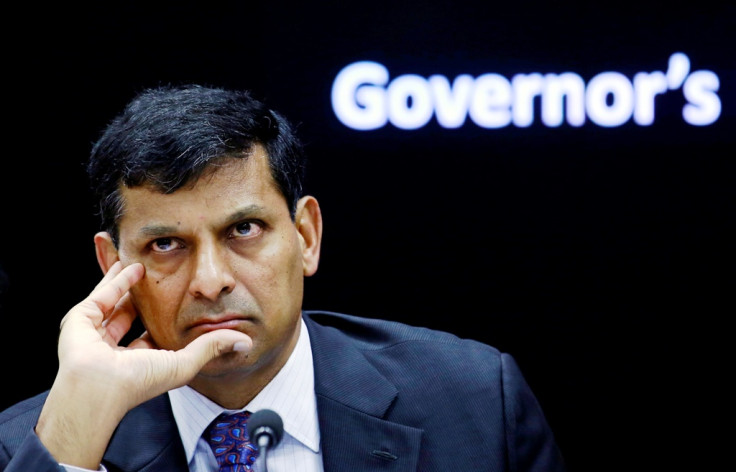Raghuram Rajan: Global economy may be heading towards another Great Depression

[Update: The Reserve Bank of India on 28 June clarified that "Governor Rajan did not imply or suggest that there was any risk of the world economy, which is in steady recovery notwithstanding uncertainties like those in the Euro area, slipping into a new Great Depression."]
Reserve Bank of India governor Raghuram Rajan has warned that efforts of central banks in the developed world to avoid another Great Depression by keeping interest rates at zero levels may produce the opposite results.
Speaking to an audience at the London Business School on 25 June, Rajan criticised the protectionist policies of developed nations including near-zero interest rates.
"I do worry that we are slowly slipping into the kind of problems that we had in the thirties in attempts to activate growth," Rajan was quoted as saying by the Press Trust of India (PTI).
"And, I think it's a problem for the world. It's not just a problem for the industrial countries or emerging markets, now it's a broader game."
"The question is are we now moving into the territory in trying to produce growth out of nowhere we are in fact shifting growth from each other, rather than creating growth. Of course, there is past history of this during the Great Depression when we got into competitive devaluation."
Rajan, who is known for his prediction of the 2008 financial crisis, has been speaking against the unconventional monetary policies of the US Federal Reserve and the European Central Bank.
As countries becoming increasingly protectionist due to the policies of regulators in developed markets, international consensus is required regarding the actions of central banks, according to Rajan.
Need for new rules
"We need rules of the game in order to effect a better solution. I think it is time to start debating what should the global rules of the game be on what is allowed in terms of central bank action," he said.
"I am not going to venture a guess as to how we establish new rules of the game. It has to be international discussion, international consensus built over time after much research and action."
This is not the first time the Indian central bank boss is warning about a potential crash in global financial markets.
In an interview with the Central Banking Journal, Rajan had said a number of macroeconomists have not fully learned the lessons of the Great Recession in 1930s. He added that lack of coordination between policymakers – as in the 1930s – is causing spillovers that may be difficult to control.
"We are taking a greater chance of having another crash at a time when the world is less capable of bearing the cost," he had said.
© Copyright IBTimes 2024. All rights reserved.






